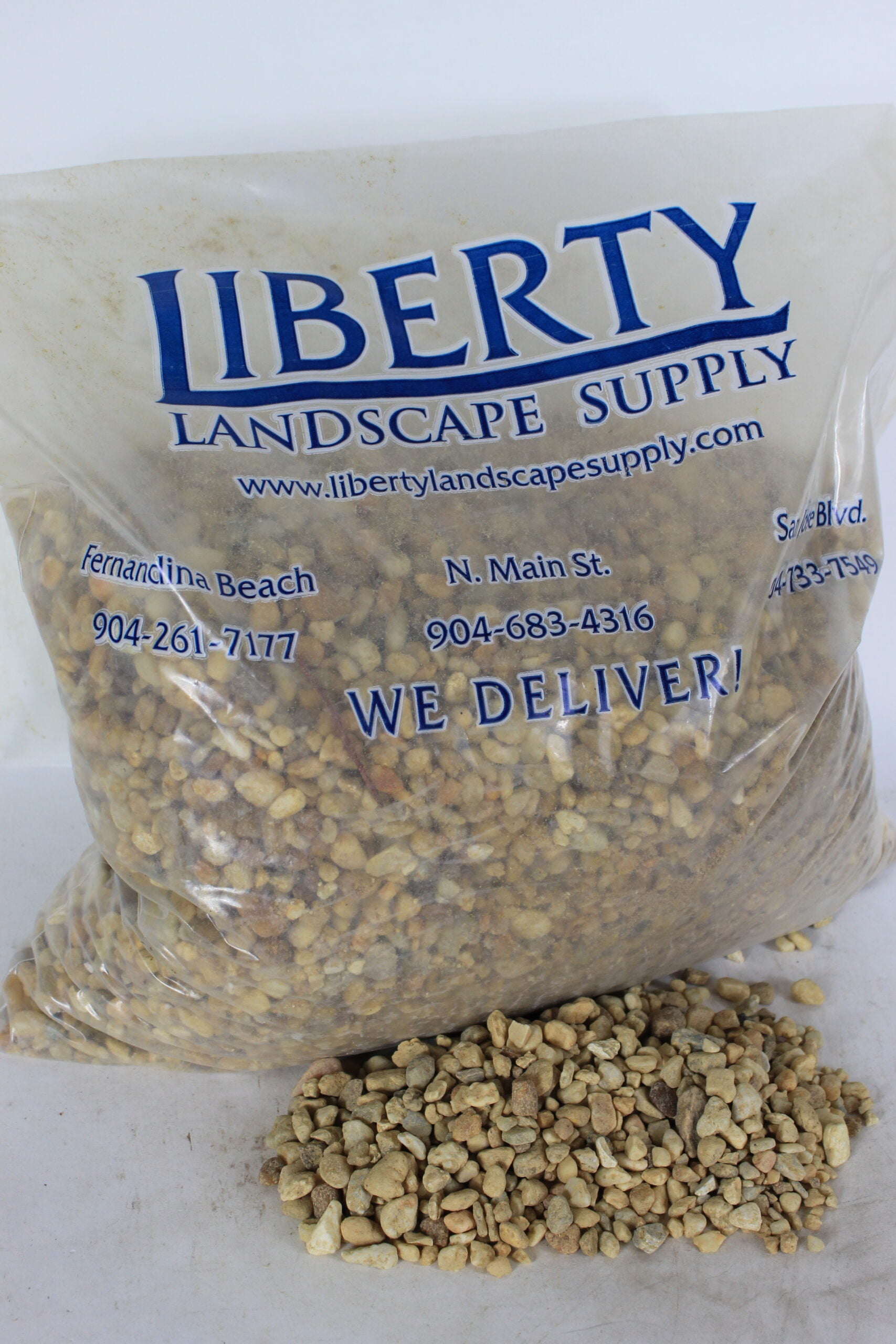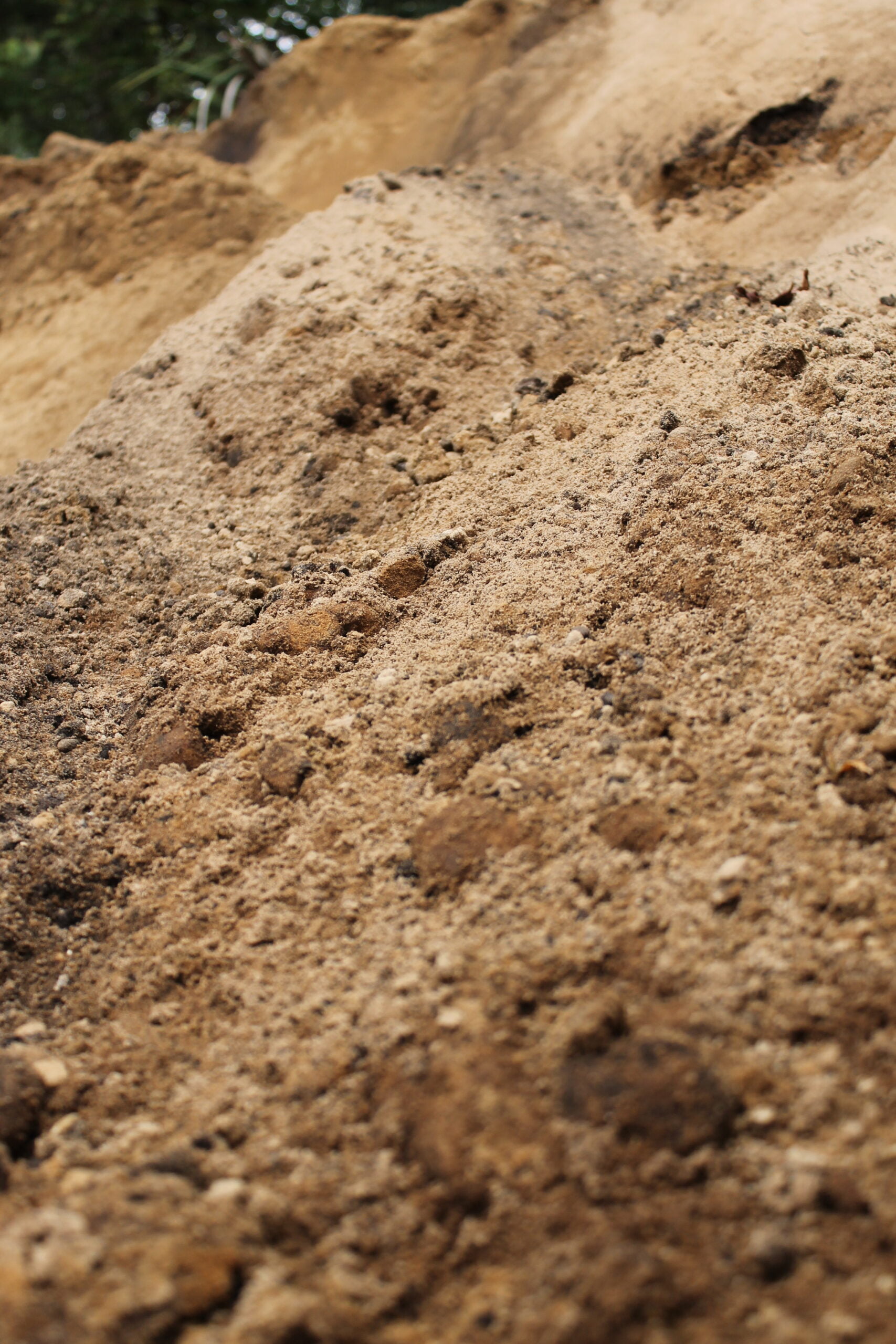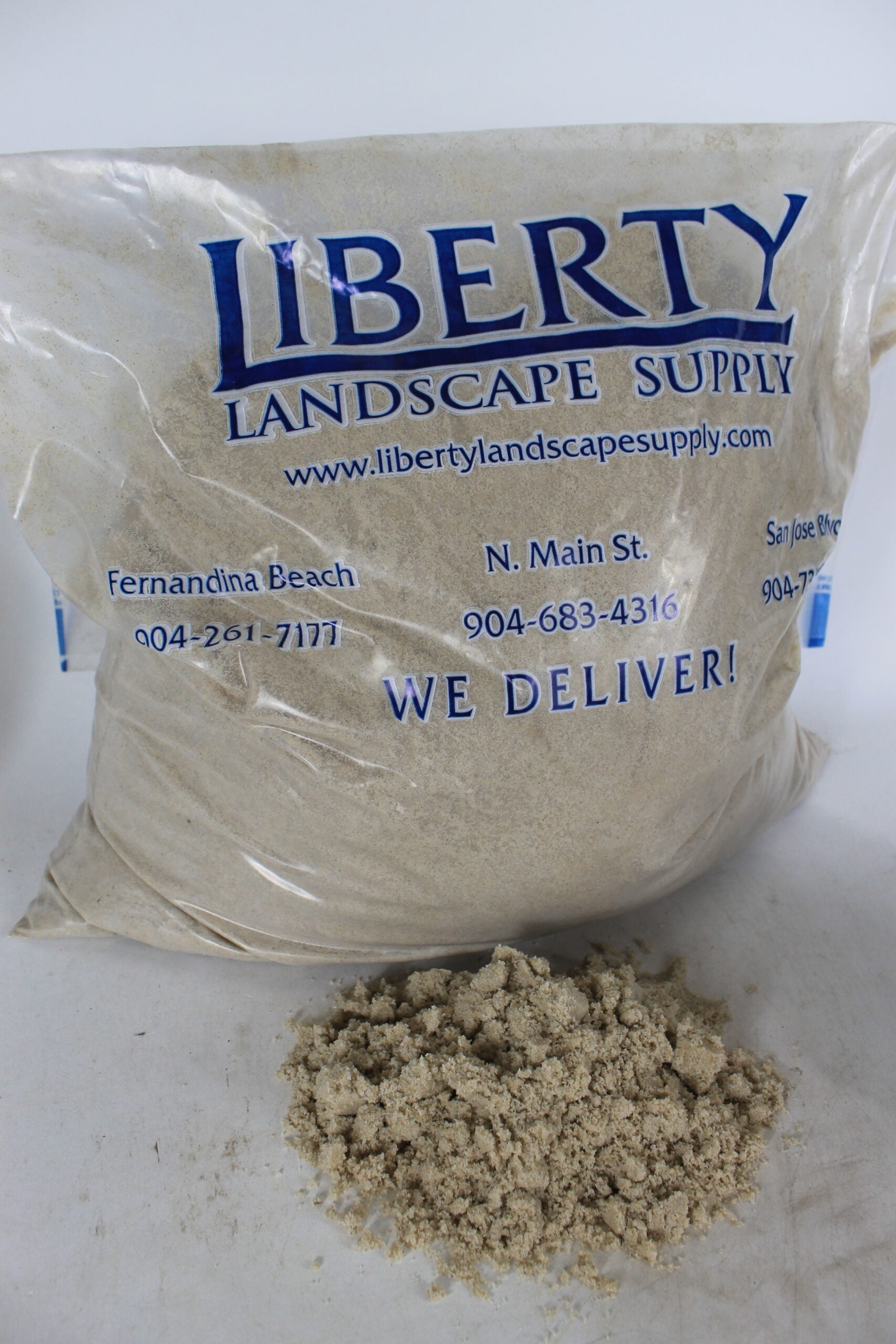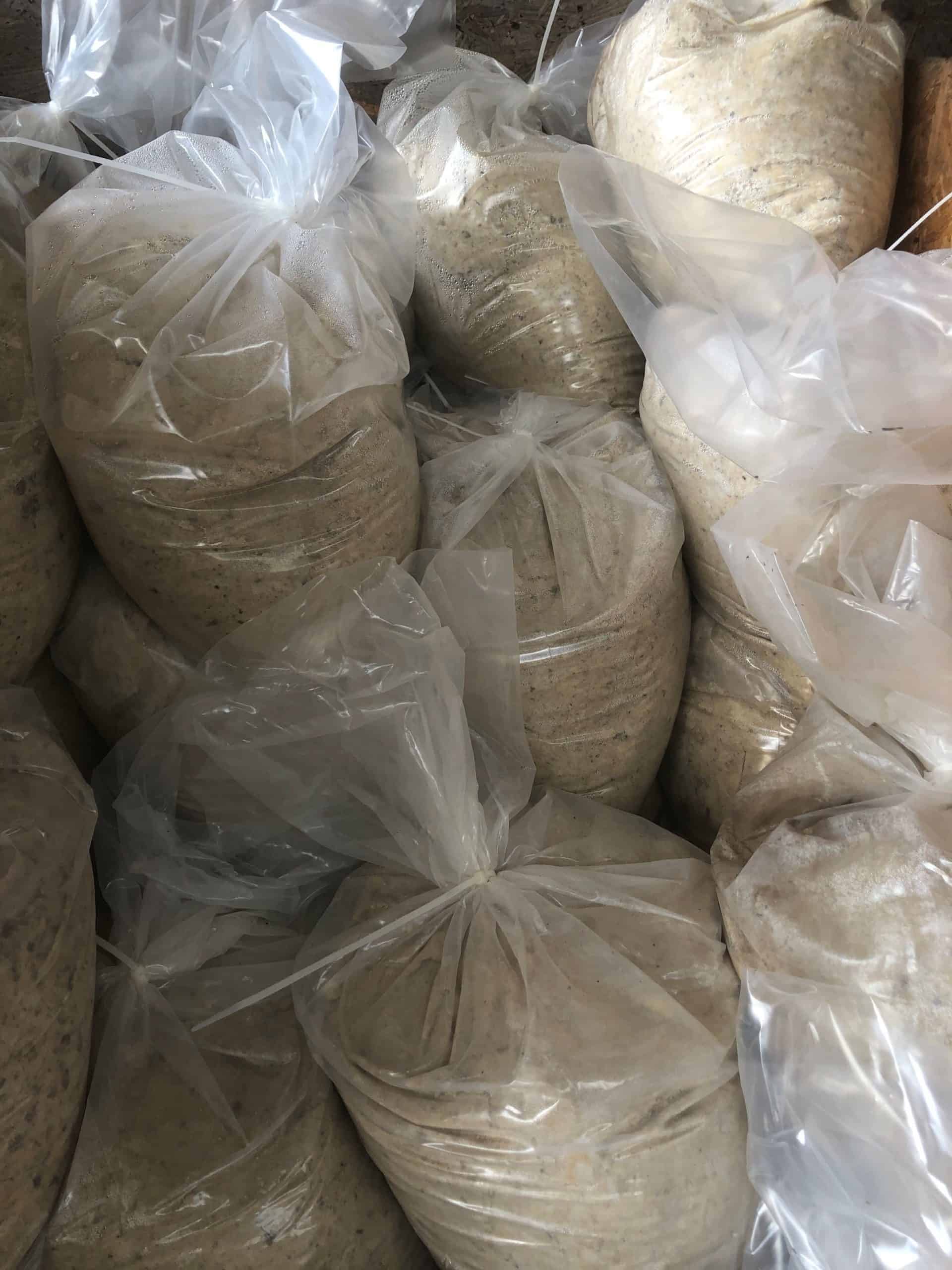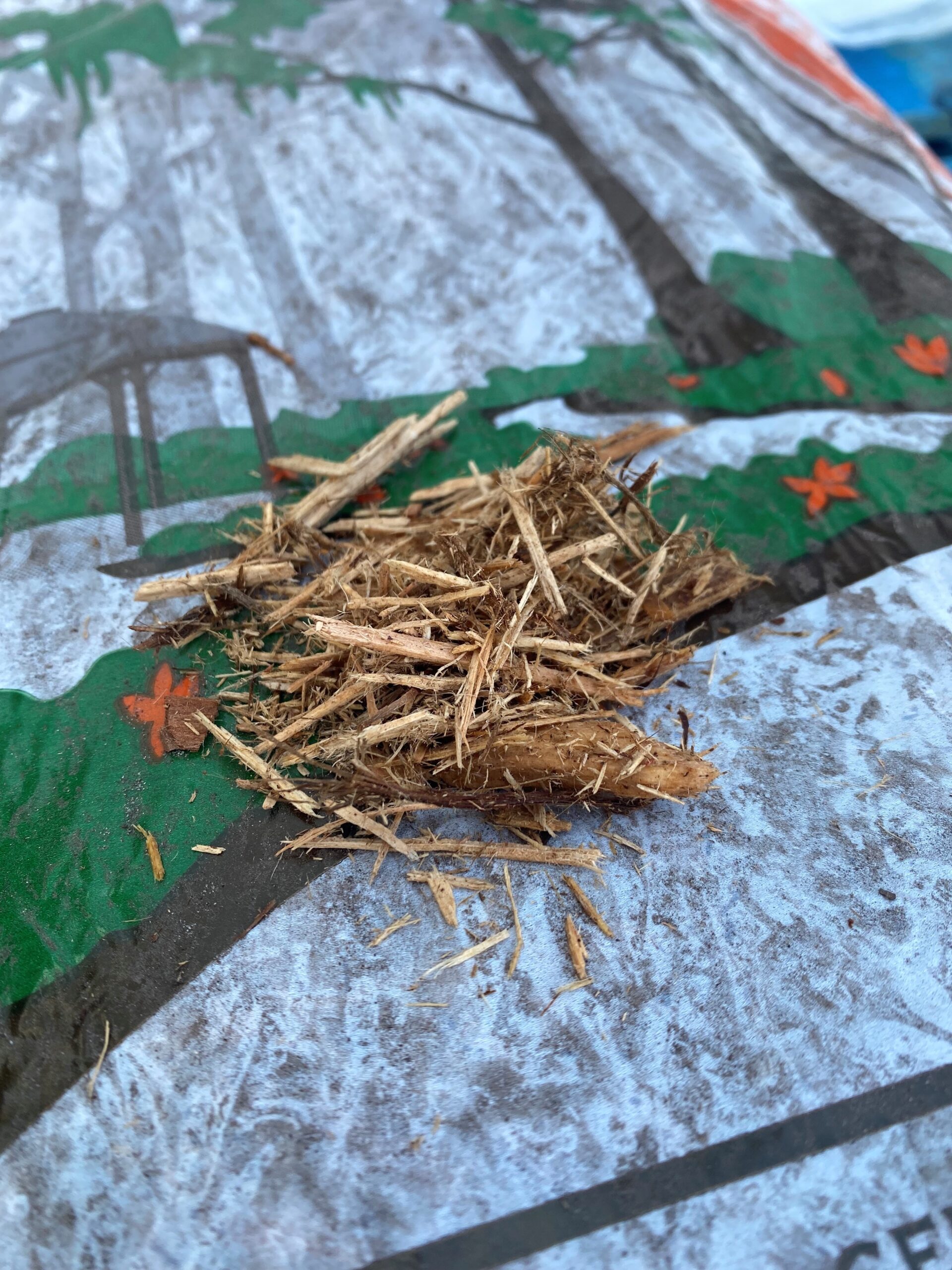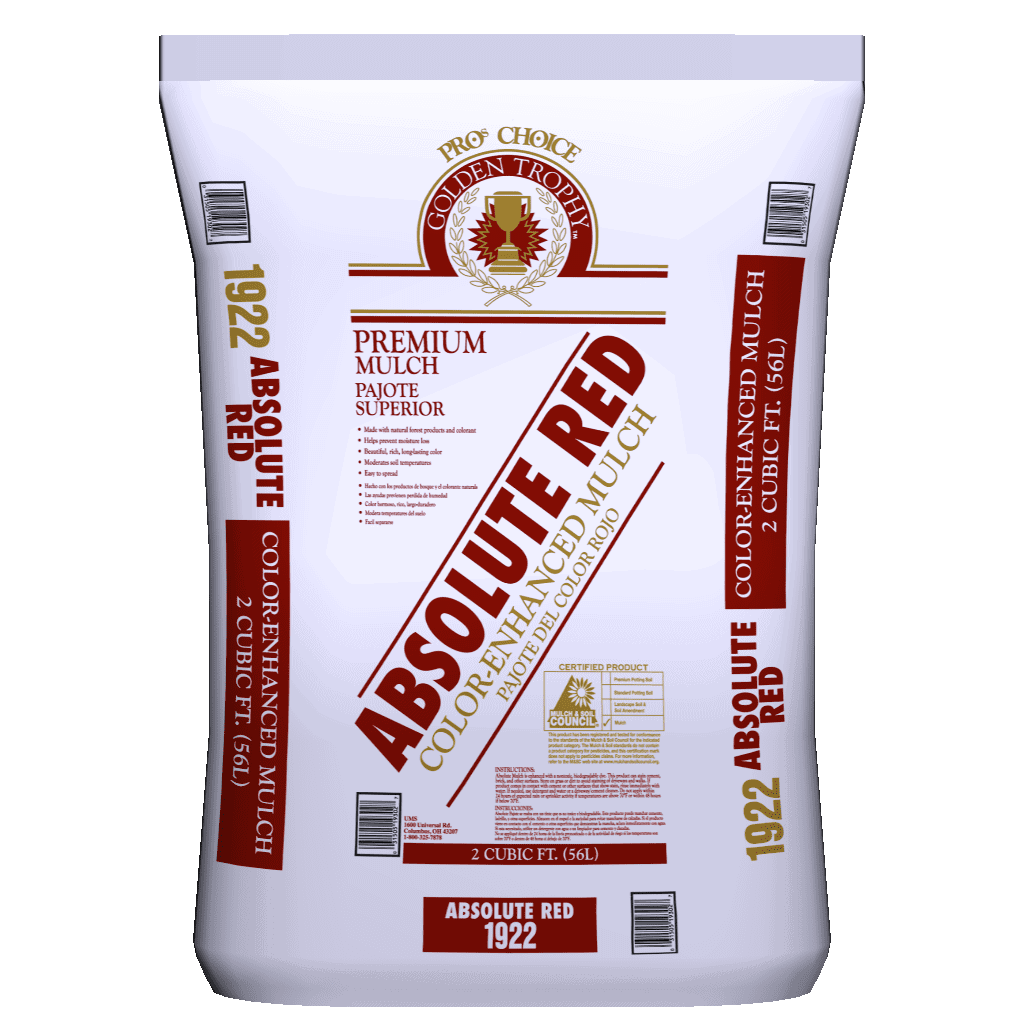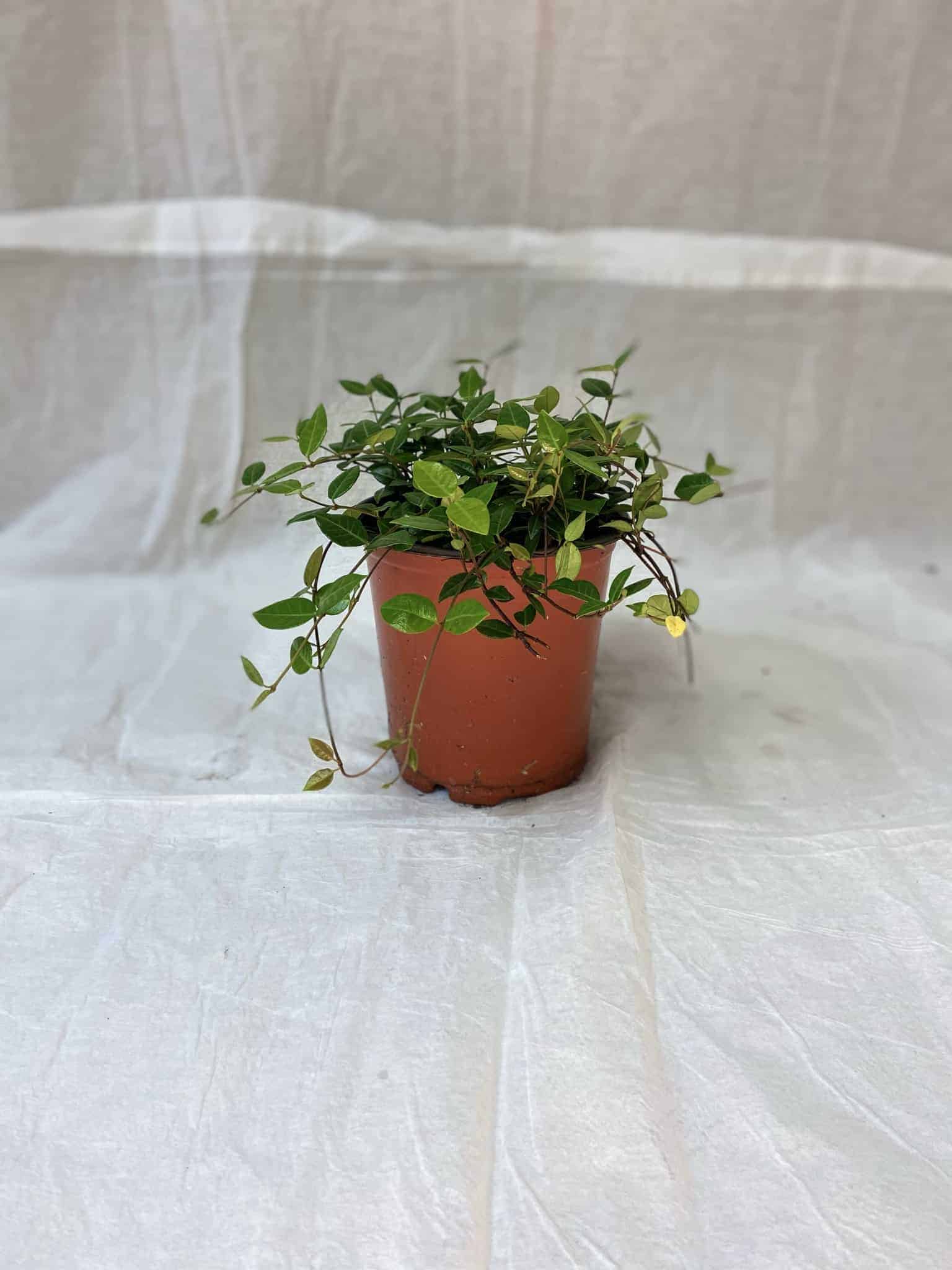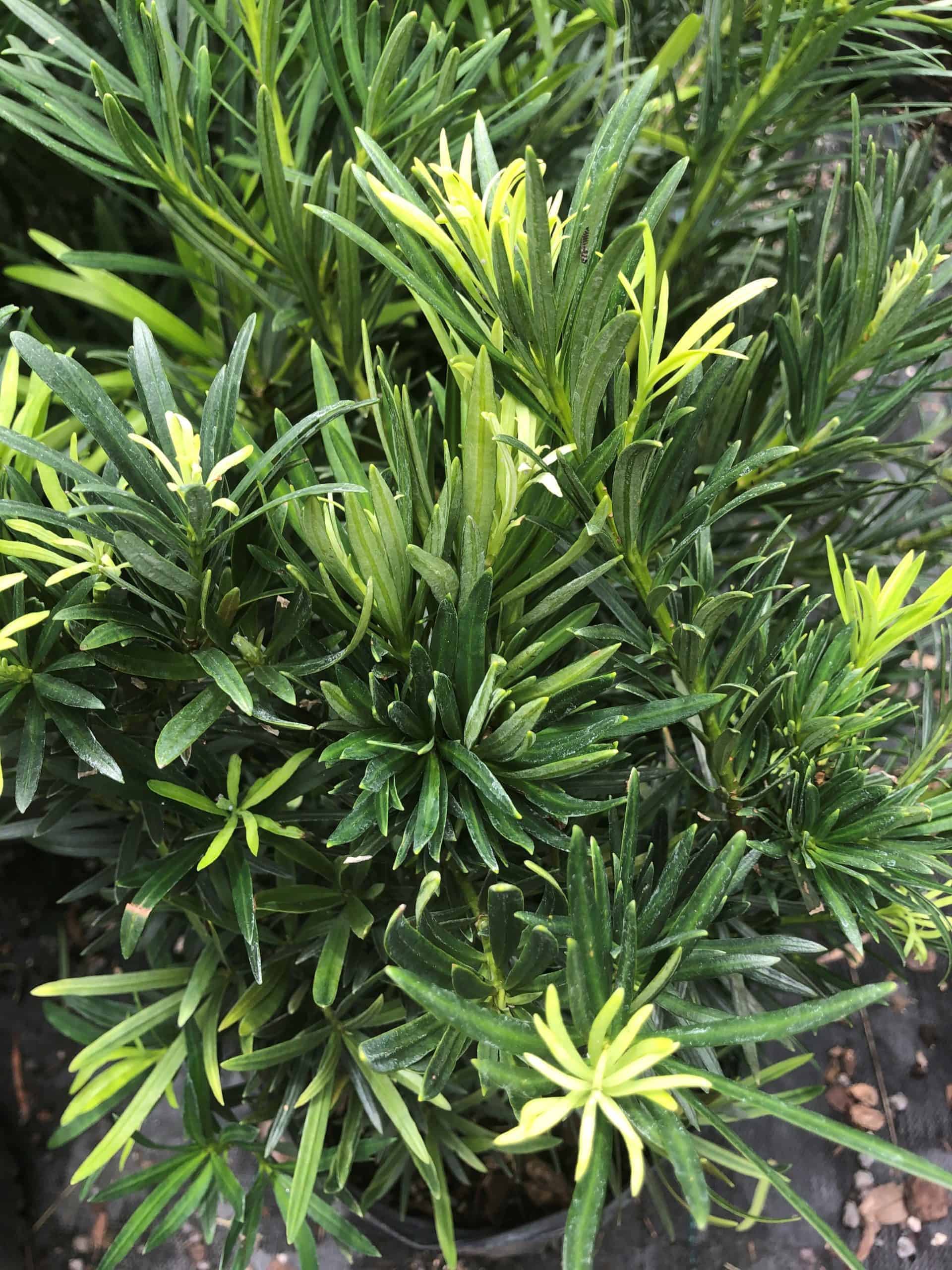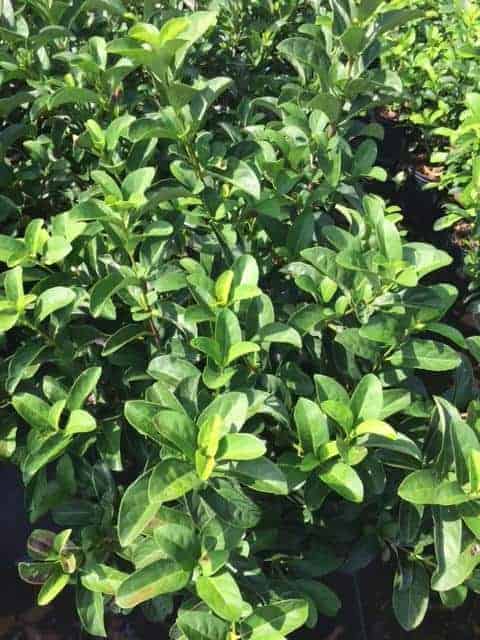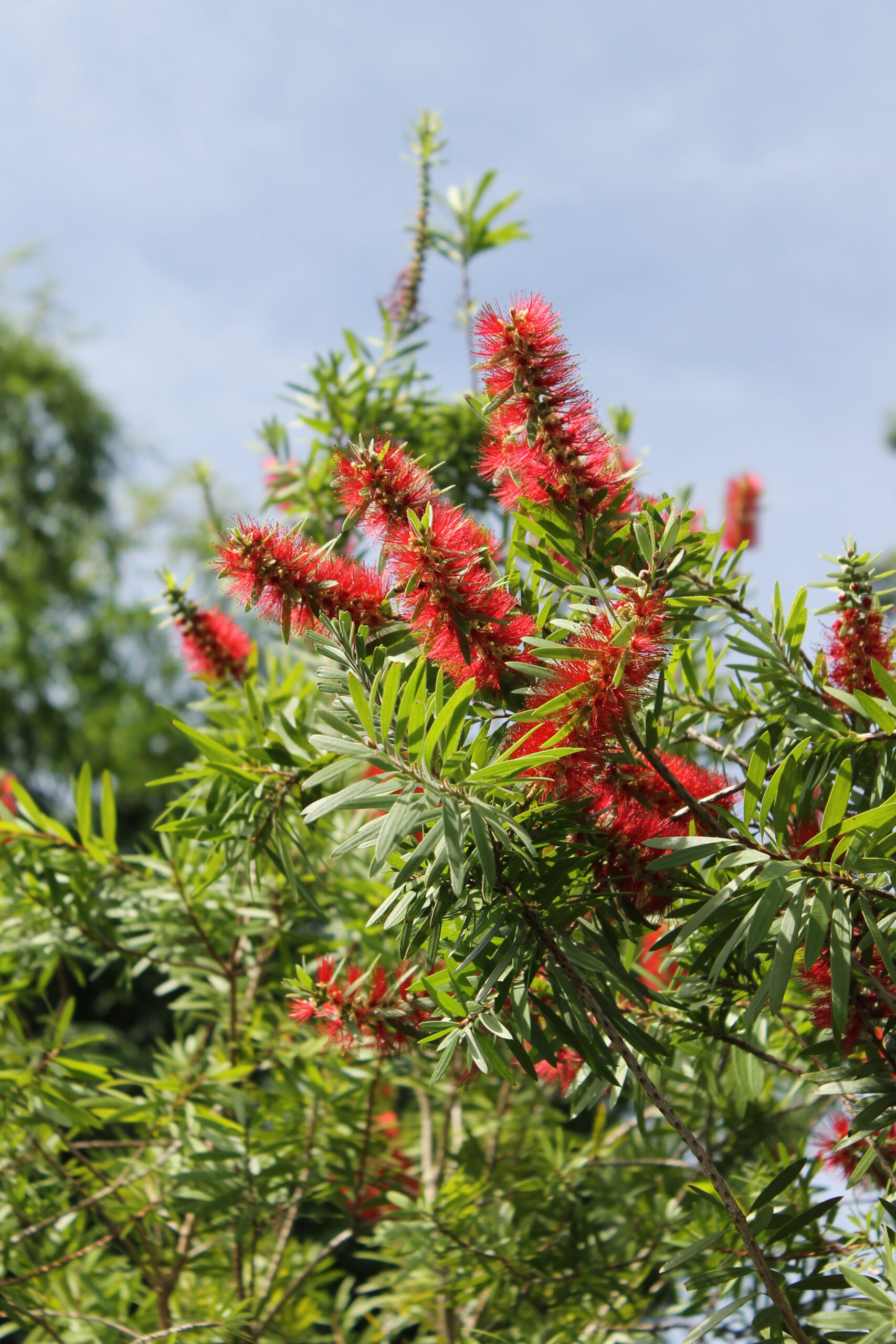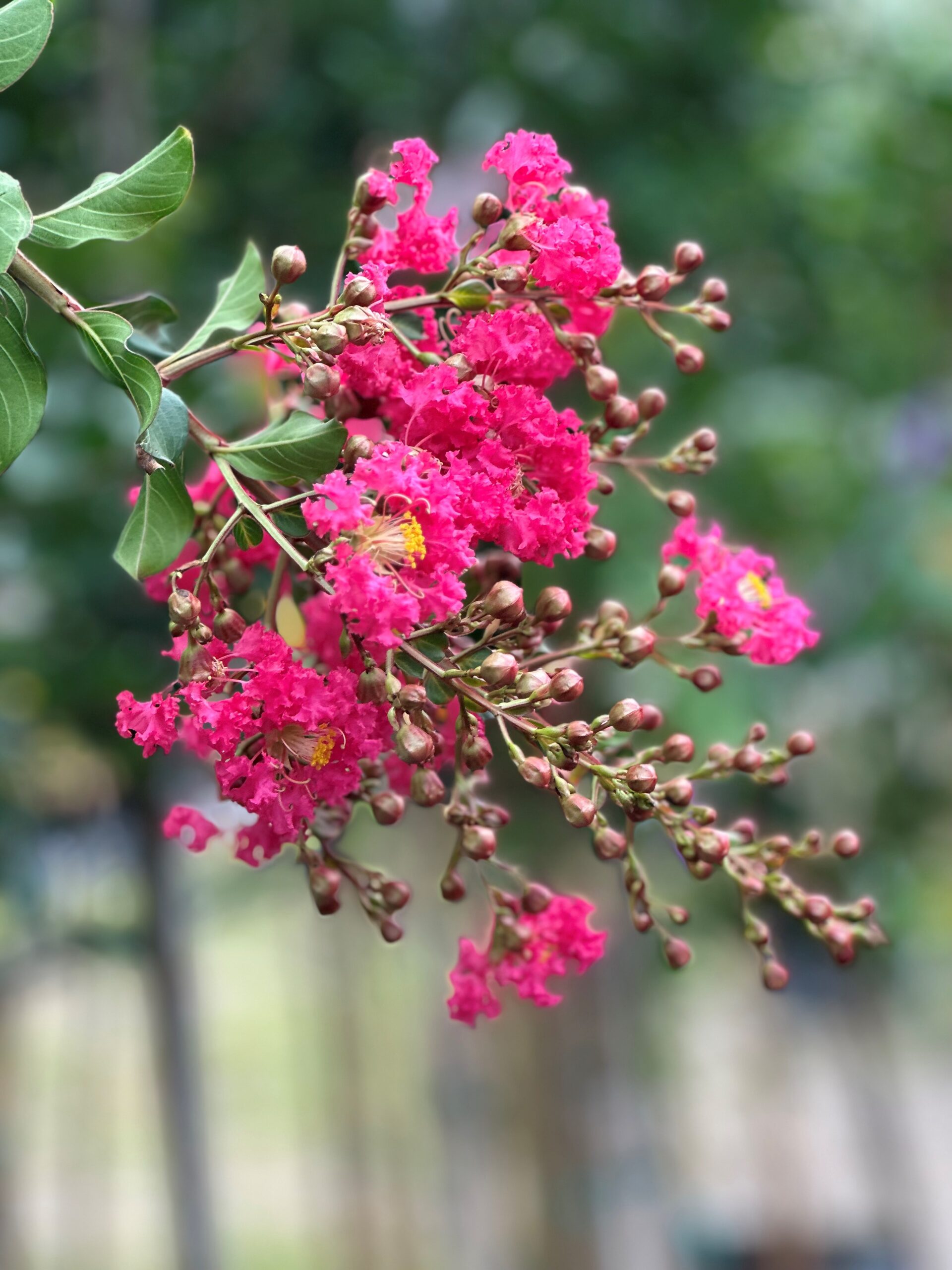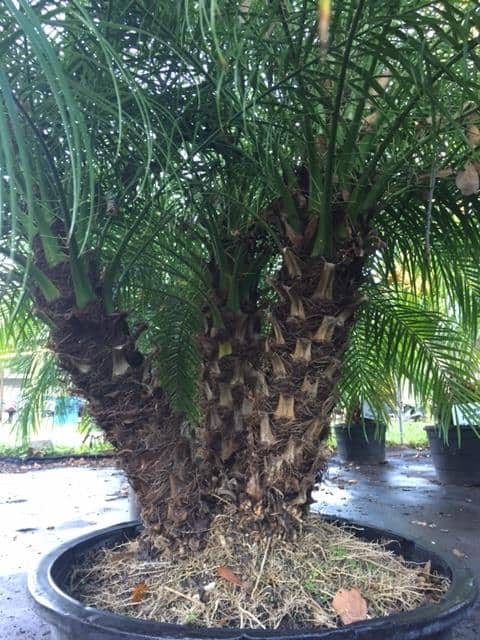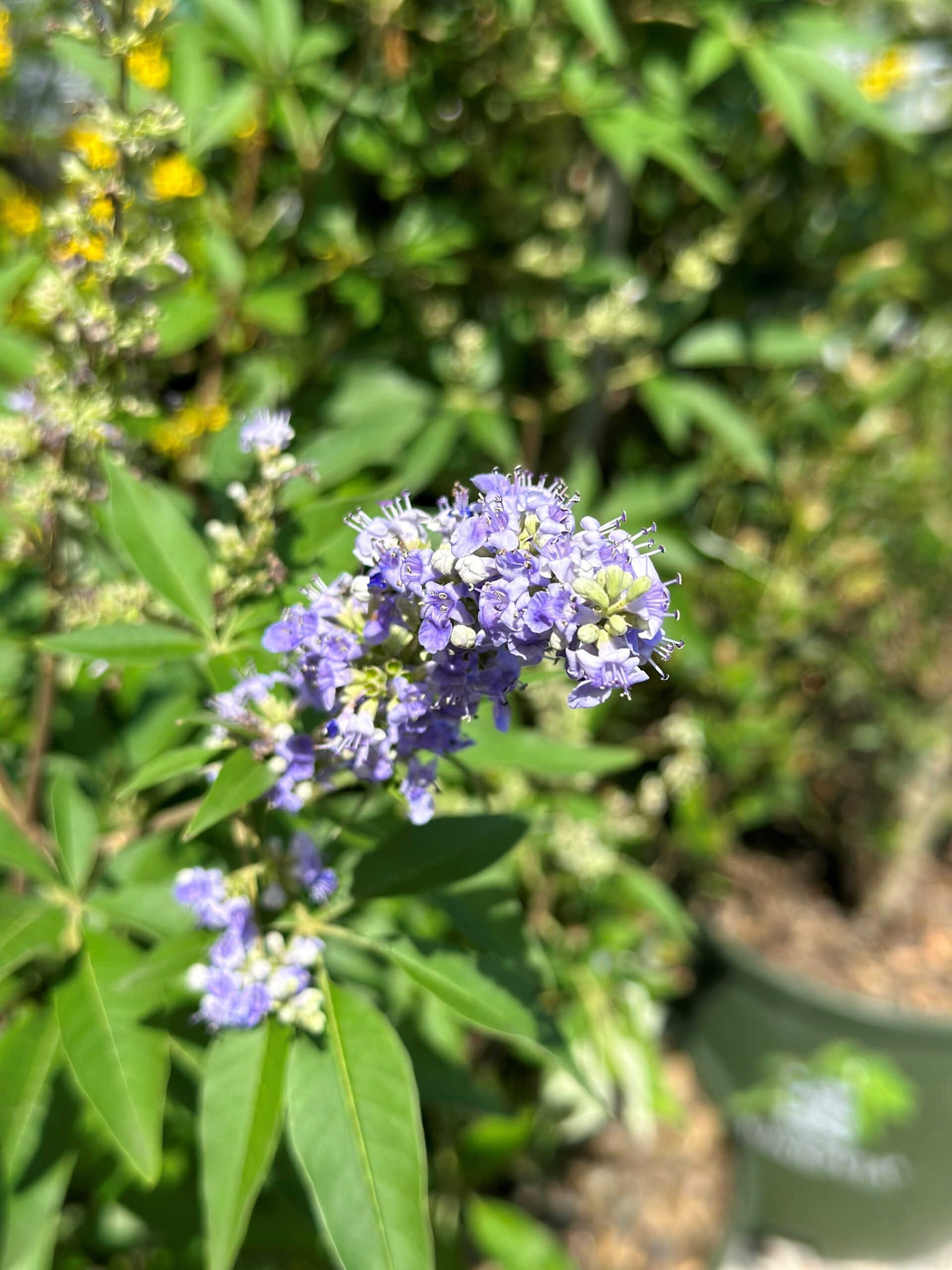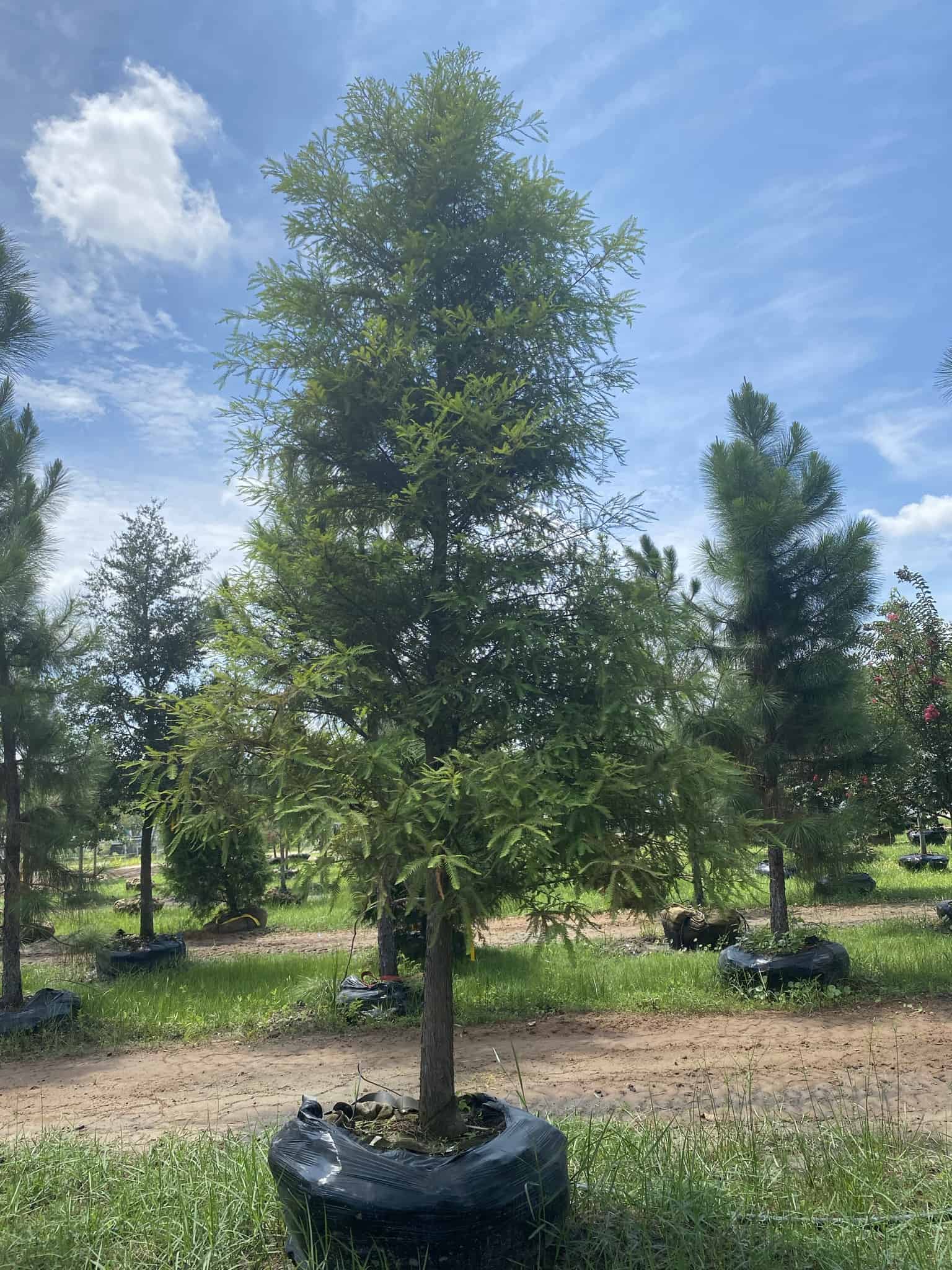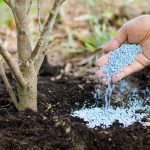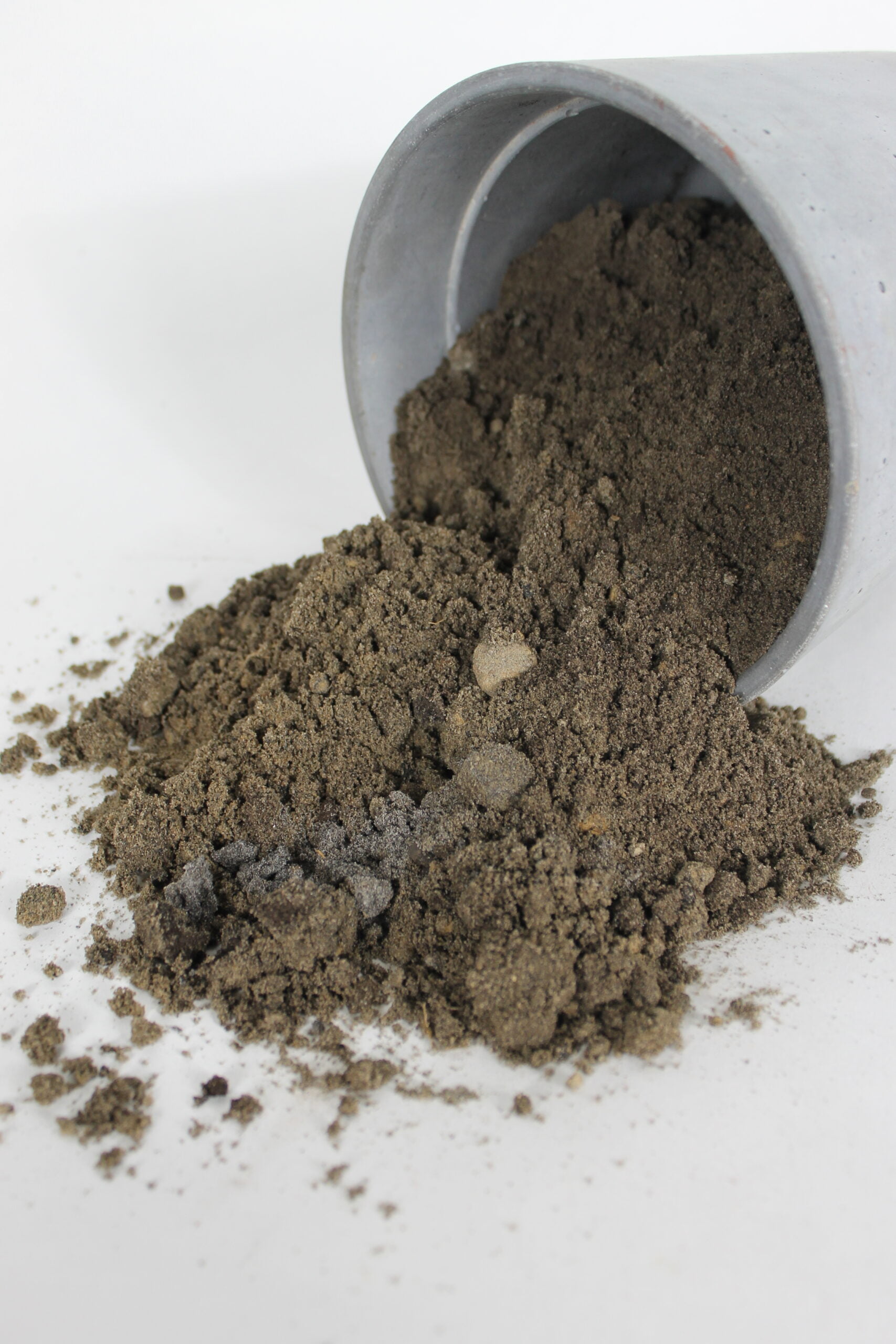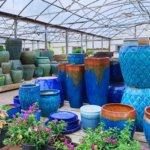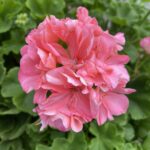December and January are typically the coldest months in Florida and occasionally, sensitive plants need to be protected either using fabric or plastic. If your plants suffer from cold damage, there still may be hope! Follow these tips to help spring life back into your yard!
Water. Even injured plants need water. Drenching the soil will provide nourishment for the plant and additionally help thaw the soil around it.

Pruning. We know that having brown lifeless foliage is not ideal in your landscape, but it is important not to prune too early. This foliage will help insulate the plant from further damage. If you do decide to prune right away, be aware that the new growth is vulnerable to cool temperatures. Herbaceous plants like begonias that die down to the ground should be removed so that fungal and bacterial issues do not arise.

Fertilizing. It is best to wait until spring to fertilize your damaged plants. You do not want to encourage new growth before the winter season is over. Once we are in the clear of freezing temperatures, go ahead and give your plants a boost of nutrients. We recommend fertilizing three times a year, March June and September.

